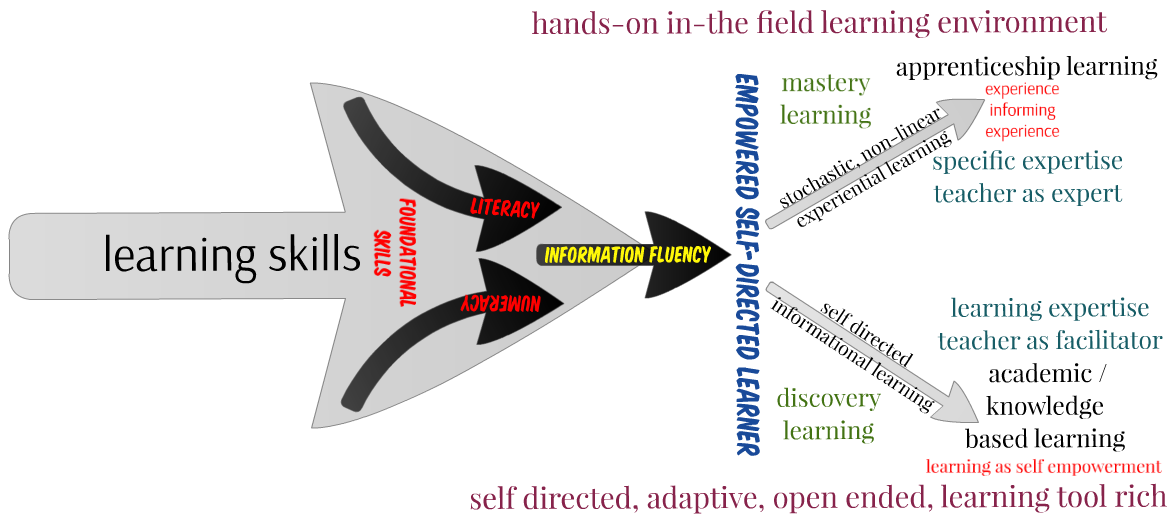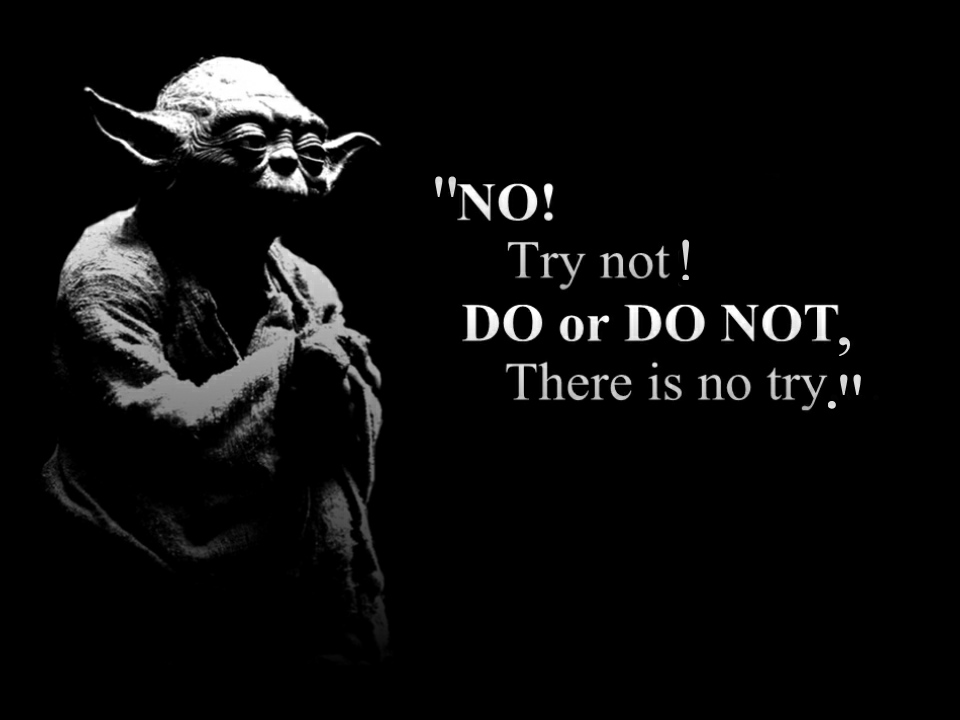The other day a tech-handy colleague said over coffee, “I should get my tech qualifications in computers, what did you have to do to take the course?” I replied that I had to provide five or more years of industry experience and recognized qualifications in order to qualify for the training; he seemed put off.
I understand his response, I battled the same one when I was applying to get qualified. It was a kind of knee jerk reaction, a ‘how dare you ask for specific qualifications! I’m an expert learner with years of educational experience!’ I dug up my references and certifications and went through the process after putting away that ego.
This has me thinking about the duality of my educational background. From high school dropout I attended a year of college before dropping out. I then apprenticed as a millwright and returned to high school to graduate. This eventually led me to university. After university I was once again working in the trades as a automotive technician before eventually finding my way into information technology and finally teaching. In the trades I worked in mastery focused experiential learning situations that were intense and demanding. Academics were also demanding, but in a different way which usually had more to do with figuring out how to feed myself. I got paid to apprentice in a trade, you are a customer when you are working through post secondary academics. I saw a number of people being passed through that process simply because they wouldn’t quit. You saw less of that in the trades because if you couldn’t do it, you often got injured and/or fired.
I took English and history as my teachables because it was easier to simply toss my degree into the ring than it was to cobble together all those technology requirements. Most teachers in a high school are academically produced, the minority get into teaching through experiential/trades learning. Those academically produced teachers are expert students themselves, they had to be or they wouldn’t have survived the educational process. An expert student is as much a politician as they are a learner, they’ve figured out how to survive in what is really an arbitrary social construct.
Having worked on the experiential and the academic sides of learning, I’m now trying to define the differences in the two types of learning:
 |
Experiential versus discovery learning. When you’re learning a stochastic (experiential, non-linear) skill, you
need an expert in that experience to guide your progress. When you’re learning academics you need an
expert learner to show you how to self direct your learning and survive the system. |
I’ll talk about fundamental learning skills in another post, but in this case I’m focusing on the secondary learner who has already developed fundamental learning skills. That student is capable of self-directing their learning, and in an information rich world like the one appearing around us this is a vital portion of their engagement in the learning process. Where once we expected students to sit in rows and be portioned out information, nowadays teachers should be facilitating self-directed learning. A 21st Century teacher’s greatest ability is their own expertise in information fluency, which they provide in order to produce similarly self-directed learners.
‘That’s academic‘ has long meant a course of action that has no practical purpose, but academics do generally produce self-directed learners who have had to survive the vicissitudes of many education systems over the years and have become self-taught in spite of the best efforts of many of their educators.
 |
In management and education the goals are
abstract, fabricated and ultimately political |
In comparison to my academic background my experiential learning has been uncertain and demanding with no guarantee of success. The tension between success in a fabricated situation and success in a genuine situation that allows for failure became more apparent to me as I proceeded through university. Matt Crawford brings this up in Shop Class As Soulcraft when he refers to the magical thinking conjured up by management to justify their decisions. Education, like business management, is a social construct and produces what Crawford describes as ‘psychedelic’ justification for its own existence. As his quote here suggests, when you’re learning experientially in a realistic environment you don’t get to say, ‘hey! great job!’ if you’re looking at your dismembered finger laying on the floor; reality doesn’t put up with that crap.
 As someone who has bounced back and forth between both sides of the education spectrum I can see the value and challenges in both. What surprises me is how unwilling academic educators are to appreciate the advantages found in the hard-knocks school of experiential learning compared to the complex political dance of the academic classroom.
As someone who has bounced back and forth between both sides of the education spectrum I can see the value and challenges in both. What surprises me is how unwilling academic educators are to appreciate the advantages found in the hard-knocks school of experiential learning compared to the complex political dance of the academic classroom.
I know a lot of teachers who get angry with Shaw’s pithy little quote about a character who is upset with his writing teacher, but I know a lot of teachers who teach writing who don’t do it themselves. I know a lot of teachers in a number of subjects that don’t practice what they teach; it’s hard not to see some truth in that statement.
Watching some teachers struggle with the surging availability of information makes me wonder what they’ll do when an algorithm is created that does everything they do (I give it ten years). There will come a time when our learning management systems become sufficiently intuitive and make the learning expert teacher redundant (while simultaneously personalizing education in a dramatic way).
It’s a tough thing to be made irrelevant, ask many factory workers. The teachers who will avoid being replaced by software in this inevitable future are the experiential masters who are guiding learning through doing, yet another reason why I reopened my experiential past and got tech-qualified. It’s too bad that not everyone practices what they teach.

























